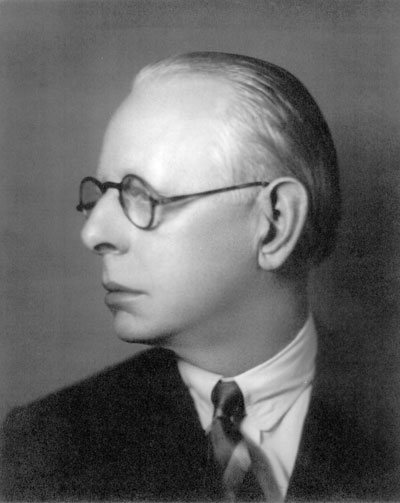 According to Plutarch, “Courage stands halfway between cowardice and rashness…” Clearly, we don’t want to be reckless; and clearly, we don’t want to be hesitant and timid. What we need is a balance. As we go about our trading moderating our greed and our fear to a combination of healthy desire and clear minded caution, we use courage to go forward.
According to Plutarch, “Courage stands halfway between cowardice and rashness…” Clearly, we don’t want to be reckless; and clearly, we don’t want to be hesitant and timid. What we need is a balance. As we go about our trading moderating our greed and our fear to a combination of healthy desire and clear minded caution, we use courage to go forward.
Courage doesn’t mean closing your eyes, holding your nose, and jumping into the deep end. It does mean moving forward with clean and clear perception as well as steadfastness of purpose.
You don’t need courage if you’re totally confident and unafraid. Courage, according to John Wayne, is being scared to death and saddling up anyway. Because people tend to fear the unknown, and the unknown is all that is certain about any given trade, we need to employ courage. Since trading is always new, since anything can happen and it often does, since the wildness lies in wait, we need to overcome uncertainty and fear so that we can appropriately enter, exit, and remain in trades.
When asked what he meant by “guts”, Ernest Hemingway told Dorothy Parker in an interview “grace under pressure”. Trading is all about grace and gracefulness under pressure.
The good news is that courage is like any muscle. It grows and becomes stronger the more you use it. Often as I trade I’m unaware of utilizing courage. I know I’m extremely alert. I may even be excited. I’m not aware of any fear until something starts to go wrong. However, that alertness and excitement is a product of adrenalin running. Excitement or fear comes from the interpretation you give to the adrenalin high. The more you act as if you’re unafraid, the less afraid you become. It all gets easier. Act the part and become the part. Make it your goal to trade with increasing grace under pressure.
The difference between excitement and fear depends of what you are imagining.
Are you imagining loss or are you imagining profit? Of course, you always have to keep the alternative in mind as trading is all about balancing the alternatives, profit with loss. But you don’t have to put loss into the foreground of your mind, because you never would put on a trade unless profit was the probable outcome. Direct your imagination towards profit, and suspend all thoughts of loss–once you’ve put your stops in.
“Don’t cry before you’re hurt.” says a proverb. I would add, don’t mourn a loss before you experience it. Don’t even mourn it after you take it, get on with the next trade, and the next, and the next. Anticipate profit. That’s what you’re there to experience. Ah yes, and as another proverb states: “Fortune favors the brave.”

 They listened more than they spoke. They had two ears and one mouth and had learned to use them in the right proportion. The ability to listen, either to a mentor, to your inner self, or to the market, is critical for success.
They listened more than they spoke. They had two ears and one mouth and had learned to use them in the right proportion. The ability to listen, either to a mentor, to your inner self, or to the market, is critical for success. According to Plutarch, “Courage stands halfway between cowardice and rashness…” Clearly, we don’t want to be reckless; and clearly, we don’t want to be hesitant and timid. What we need is a balance. As we go about our trading moderating our greed and our fear to a combination of healthy desire and clear minded caution, we use courage to go forward.
According to Plutarch, “Courage stands halfway between cowardice and rashness…” Clearly, we don’t want to be reckless; and clearly, we don’t want to be hesitant and timid. What we need is a balance. As we go about our trading moderating our greed and our fear to a combination of healthy desire and clear minded caution, we use courage to go forward.